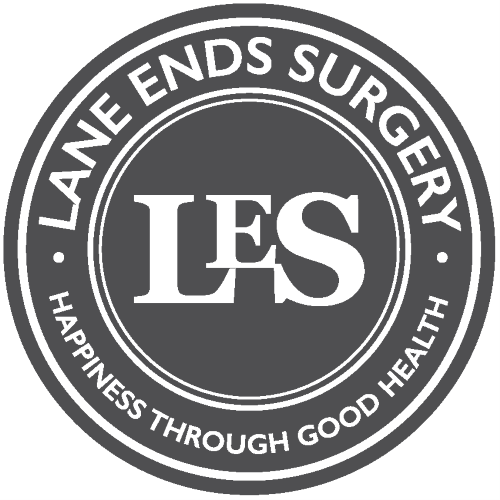Accessing your GP-held records via the NHS app or NHS website
As your GP practice, we have been asked to provide you with, no later than 31 October 2023, access to your full medical record going forward via the NHS app (and NHS website) if you have a suitable NHS login
Your GP medical record contains consultation notes based on conversations between you, your GP and their team: medicines prescribed to you; all test results including hospital investigations; allergies; vaccines; and your medical conditions along with documents that may have been sent from local hospitals, clinics or other agencies, e.g. the police. There is likely to be sensitive and personal information within your medical record.
We are supportive of providing you with access to your record, but we wish to do this safely and make you aware that this is happening so that you can opt out, if you so wish. You may wish to speak with us first to understand what it is that you will see, and the risks which may be involved in having such confidential data either on your smartphone with the NHS app installed or online if other people might have access to that information through your devices. If you are in a difficult or pressured relationship for example, you may prefer your records to remain accessible only to those treating you, with them not appearing on your smartphone or online. Government has been clear that if a patient does not wish to have access, then we do not have to provide it. This is one reason why we have asked if you wish to opt out, or have it switched off for the time being.
For those who would like access, we are happy to explain the different levels you might like. Everyone can have access to their medication history and allergies, for example, and will be able to order their repeat prescriptions. It’s also possible to request access to what we call your ‘coded record’ where you can see a list of medical problems and results. You can also request access to the ‘full’ record where you will be able to see everything, including the notes which have been written by doctors, nurses and others involved in your care, at the GP surgery, and elsewhere.
It’s important to remember that these documents may, at times, contain information that could be upsetting, especially if they contain news of a serious condition. It can also be a cause for worry seeing results online when it isn’t clear what the results might mean, and no one is available to ask, as can be the case during the evening or at weekends, for example.
Sometimes people with a mental health condition might prefer not to see documents that remind them of difficult times in their life. Letters from mental health teams sometimes go into detail about past events, and great care would be needed in deciding whether you would want to see these letters. It is possible for individual items to be hidden at your request and your GP would be happy to talk about any concerns you may have.
Great care is also needed in case private details might cause harm at home, should people in a difficult or pressured relationship be forced to show their medical record to an abusive partner. Anyone in such a position should make this clear to us at the practice, so we can take steps to keep you safe. This might mean removing access through the NHS app for the time being, or through a careful process where we hide sensitive things. We would talk this through with you.
